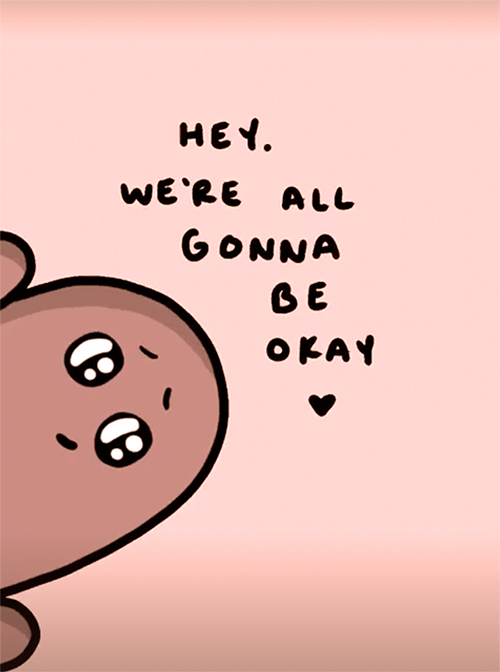
Developmental psychologist and licensed psychotherapist Chris Sexton maintains that this is an urgent time for seeking mental-health care due to the fear, stress, grief, and isolation that is in part created by Covid-19. “Especially vulnerable are children and teens who have missed developmentally critical cognitive and social milestones. I’ve seen a dramatic increase in referrals during this time. By all objective mental-health measures—school days missed, ER visits for mental health, drug use, suicide attempts—kids and teens are showing us that they are not okay,” Sexton says. During the isolation of the pandemic, not only our kids, but most of us were finding ourselves compelled to be on social media more to stay connected. However, this fueled an already dangerous pattern of technology addiction on a global scale in today’s youth.
According to Catie Herst, a licensed clinical professional counselor and founder of Monarch Family Therapy, “The most interconnected generation of all time who has instant access to thousands of humans at any given moment are at risk for new and challenging social and mental health struggles unknown to previous generations. Preteens and teens currently face difficulties with emotional regulation, self-control, bullying, loneliness, self-esteem, concentration, body-image, sleep, and safety in large measure due to extensive technology usage and social media. Consequently, they are also facing brain development and rewiring issues that we cannot fully understand at this time.”
In Herst’s work with teens and young adults, she observes their need to “keep up” with peers while portraying themselves in a glorified way is oftentimes anxiety producing. “The ability to see where everyone is (and learn where you are not) can become both addicting and heart-wrenching, even for those who are in healthy social circles. While we do not yet know the full extent on the body, research shows us that addiction to social media may compromise the part of our brain which prioritizes concentration. We see withdrawal symptoms from technology mirror withdrawal symptoms from other substances, including irritability, anxiety, sadness, and loneliness. While new technology affords us unlimited access to the world and possibilities for connection, the potential danger of this ‘tool’ and its life-altering views of reality are not to be underestimated,” she says.
Sexton promotes the validation process with patients. “There is tremendous power in naming and validating your emotions. Put simply, validation is the act of understanding why you are right to feel how you feel. As parents, we have great responsibility in helping our children feel validated, but when we don’t have the space to validate our own emotions, it can be impossible for us to consistently respond with compassion to our children.”
She also encourages separating your emotions from your thoughts, or the stories you are telling yourself about what is happening, and that doing so allows us to understand how different experiences affect us. “A therapist can help you challenge an old story about yourself that isn’t serving you and break out of unhelpful patterns of behavior. For young children and teens, a family approach can also be helpful to foster validation of difficult emotions, as well as to increase social interactions and other activities that will boost mood and reverse the downward cycle of anxiety and depression.”

Follow @itslennnie on Instagram for some lighthearted ramblings by an animated little blob to get a daily dose of validation. There’s no age limit!


